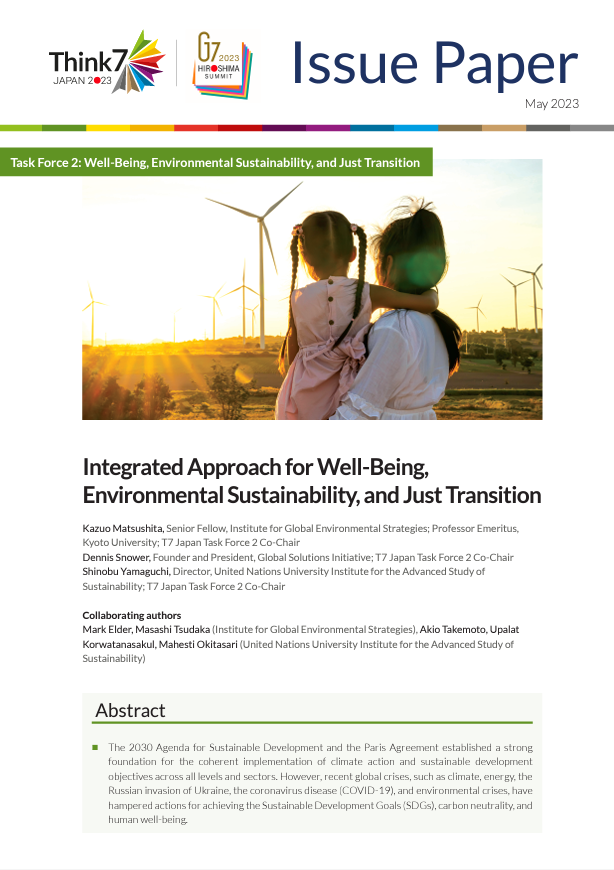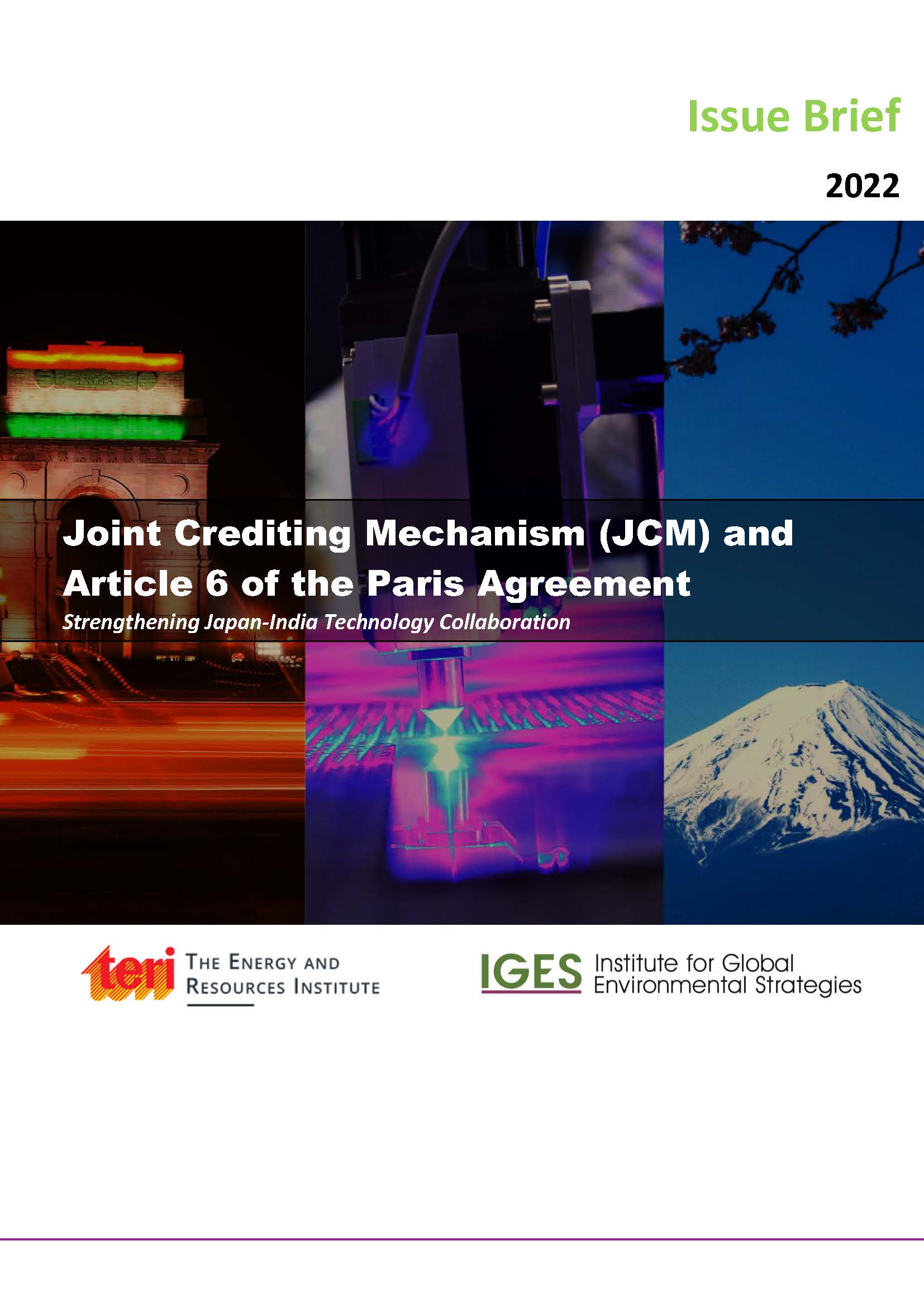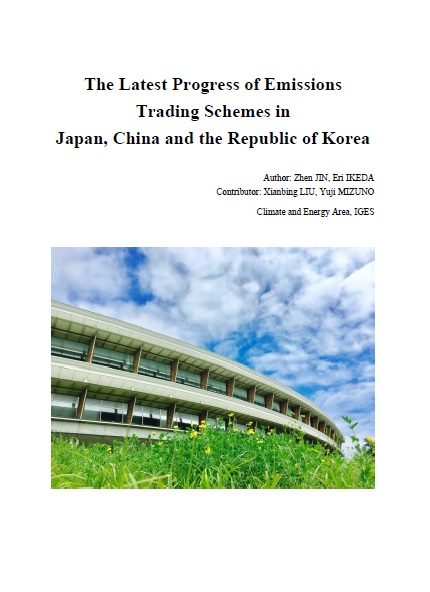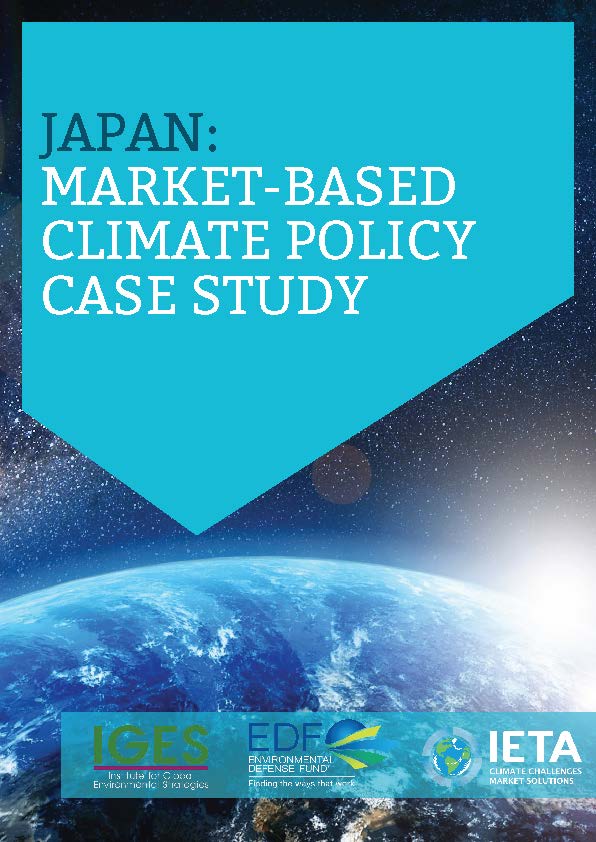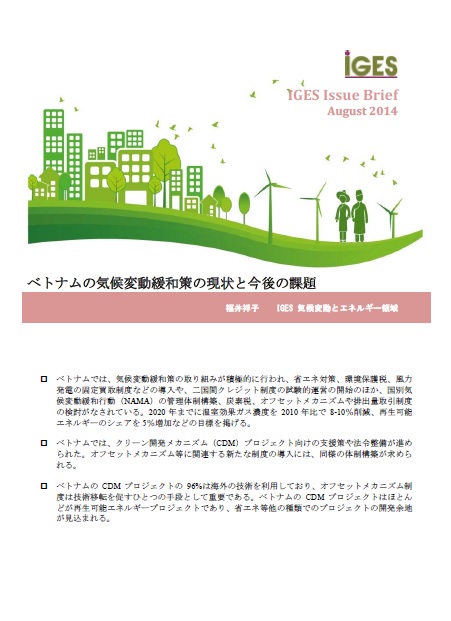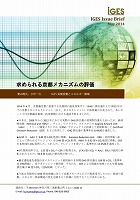T7 Japan Issue Paper
The 2030 Agenda for Sustainable Development and the Paris Agreement established a strong foundation for the coherent implementation of climate action and sustainable development objectives across all levels and sectors. However, recent global crises, such as climate, energy, the Russian invasion of Ukraine, the coronavirus disease (COVID-19), and...

